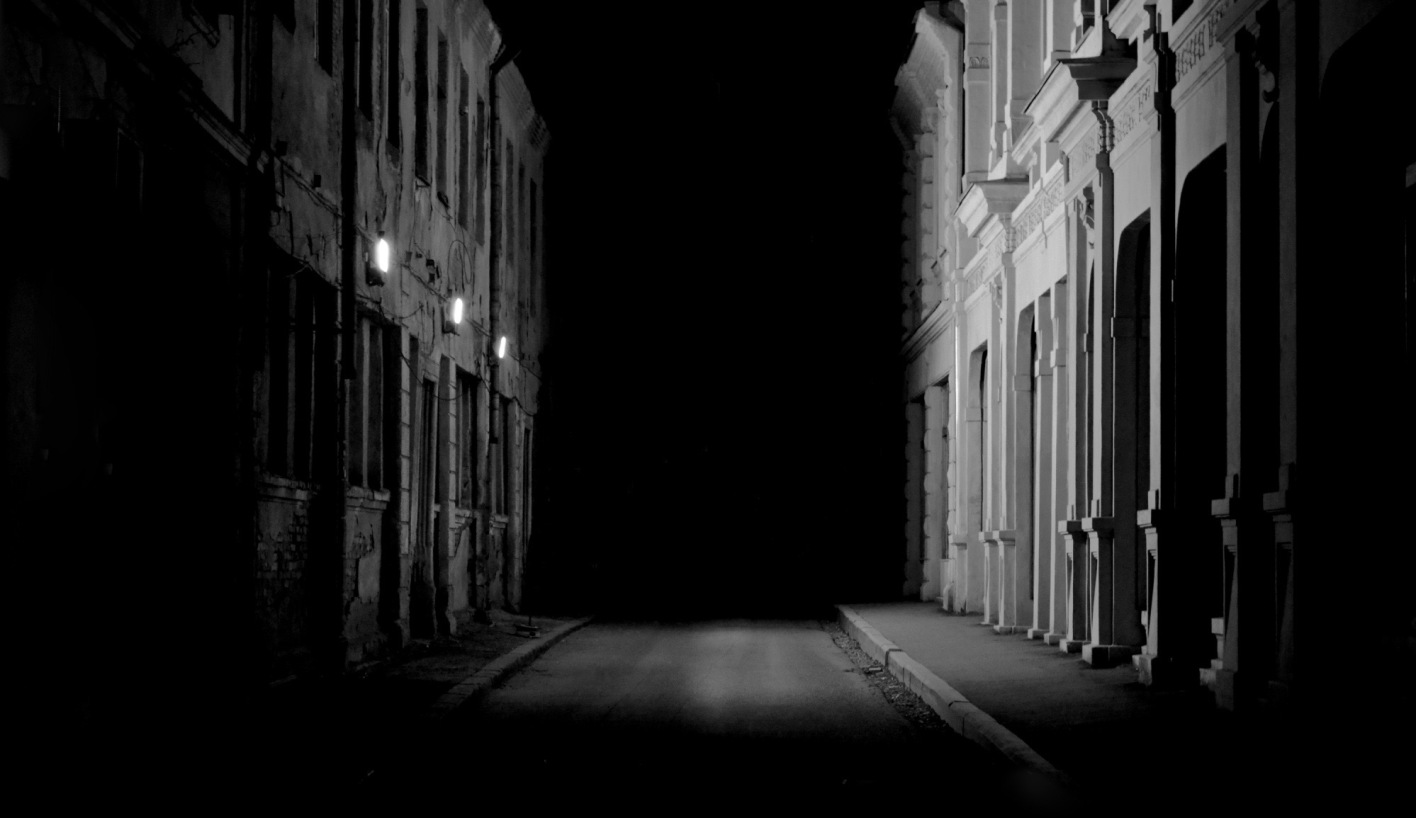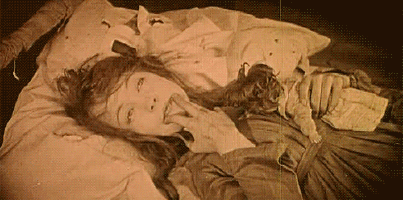Here’s how it started. I didn’t say a word, didn’t even look at it funny, but 2016 took a dislike to me from the first moment. Initially, it was only small things, relatively insignificant things. A sharp whack on the head when my back was turned. A quick kick to the shins. That sort of thing. But then, with generic horror film tempo, the bad began to escalate. Every sphere of my life became compromised, to such an extent that I was actually afraid. I was spooked. I tried to flee, to another country. But that plan turned to shit too. I was on the run, while remaining stationary. By the end of the year, I expected the worst out of every situation, and I was never disappointed. So as midnight on the thirty-first of December struck, I waved 2016 away with glee; I watched it die with a sadistic smirk. Good riddance.
“The sadness of the world has different ways of getting to people, but it seems to succeed almost every time.”
As the new year slouched into being, one of my first acts was to pick up Journey to the End of the Night by Louis-Ferdinand Céline. It seemed appropriate. Whenever Céline’s work is discussed, it is invariably impressed upon you how hateful and irate it is. I’ve never quite agreed with that, or certainly not in relation to the novel under review here. The chateau trilogy, which arrived at the end of his career, would perhaps fit the bill, but Céline’s debut is too literary, too controlled to deserve that description. If, for example, you compare this novel with Castle to Castle, with its torrent of ellipses, the differences are clear. That book starts with a formless, seemingly autobiographical, rant about royalties, which continues for numerous pages, with no other characters in sight. Journey, on the other hand, begins conventionally, with something of a plot, concerning Ferdinand Bardamu’s enlistment in the army. In fact, in relation to his later novels, Journey seems almost quaint, in that it delivers some fairly straightforward literary pleasures.
To say that it is relatively conventional is not, of course, the same as saying that its outlook is positive. It isn’t; Journey is unrelentingly cynical and that, I felt, would chime with my current mood. However, what struck me most vehemently this time around [I’ve read the book twice now] is how sad and moving it is. For me, it is not hate that is the dominant emotion, but fear; and, consequently, the book resonated with me in an unexpected way. Bardamu passes through four circles of hell: the army, Africa, America, and back home in France as a doctor. During all of these stages he is worried about his life, his prospects, and the state of the world; he is constantly scared of, and baffled by, the situations, and danger, that he finds himself in. Indeed, one of the things I most like about Journey, in contrast to the writers that it influenced, is that the Frenchman’s protagonist is not self-glorifying, he is always at pains to convince you of how weak and small he is. He is the archetypal rabbit in a forest teeming with wolves; and, by his own admission, he is shitting himself.
Of the four circles, the first, which takes up roughly the first 100 pages, and which deals with Bardamu’s experiences during World War 1, is the most impressive. I would, in fact, go as far as to say it is amongst the finest war-writing that I have ever read; and I have read a lot. Perhaps only the Russians, Victor Serge and Vasily Grossman, in their respective novels Unforgiving Years and Life & Fate, did an equally fine job of portraying the sheer senselessness and horror of being caught up in a military conflict. Bardamu, as the self-appointed last coward on earth, is absolutely out of his element. He cannot understand why the Germans want to kill him nor why his own countrymen want to send him to his death. Every moment for him is an effort to stay alive, to fuck fate; he is the ultimate anti-hero. At one point he even tries to get himself captured, because he sees in that the surest way of saving his skin.

The following section of the book, featuring Bardamu’s adventures in Africa, is, I would argue, the weakest. On the surface, there is very little to distinguish it from the war section – Ferdinand is still being oppressed by others, is still scared and trying to make it through the day – but it feels somewhat derivative, or at least too obvious. Indeed, it is essentially a re-write of Heart of Darkness. The European enters colonised, inhospitable Africa, which strikes him as dangerous and alien, and goes in search of an enigmatic figure. Yet it differs from Conrad’s work in one crucial aspect, in that having already been through the war section, one understands that Céline isn’t singling Africa out, that, as far as the Frenchman is concerned, everyone everywhere is crazy and dangerous and alien, not just Africans.
However, there were, for me, too many clichés and stereotypes, even bearing in mind that Céline did in fact spend time in Africa [and so ought to be able to bring a kind of truthfulness to his fictional account of the place]. Maybe it is simply a sign of the times, or rather a sign of the prevailing attitudes of our respective times, but I was made uncomfortable by how lazy some of the descriptions and references seemed, such as frequently mentioning cannibalism, or tom-tom drums, or the mumbo-jumbo African language. Having said that, I do think it is possible to defend the book in this regard. Céline was not a subtle writer; all of his work, regardless of what subject he was dealing with, is exaggerated, all of his characters are broad. So, if there is a boss he will unfailingly be a maniacal shyster, who takes advantage of his employees; if there’s an army general he’ll be a bad tempered lunatic, intent on seeing his charges blown to bits or riddled with bullets. Céline just did not do nuanced characters; he did not do realism.
“Not much music left inside us for life to dance to. Our youth has gone to the ends of the earth to die in the silence of the truth. And where, I ask you, can a man escape to, when he hasn’t enough madness left inside him? The truth is an endless death agony. The truth is death. You have to choose: death or lies. I’ve never been able to kill myself.”
In terms of influences, Céline’s writing is a mixture of Knut Hamsun [particularly Hunger] and Dostoevsky [most obviously Notes from Underground], with a little French surrealism thrown in. What came out of those influences, however, was identifiably his own. Part of that is to do with his fearlessness [ironically enough], his ability to look all kinds of misery in the face without blanching. Furthermore, his hopelessness, his despair, is more relatable for the average person. Hamsun’s and Dostoevsky’s protagonists are complicated people, and their tragedies are often on a much grander philosophical-existential-emotional scale. Ferdinand Bardamu’s concerns – lack of money, not being able to keep a woman, the misery of low-paid employment – are, on the other hand, perhaps similar to yours, especially if you are a man. What is so fascinating about his oeuvre is that Céline consistently pitches this everyman, this poor frightened bastard, into some of the most tumultuous events of the 20th century…and then allows us to watch as he inevitably flounders.




